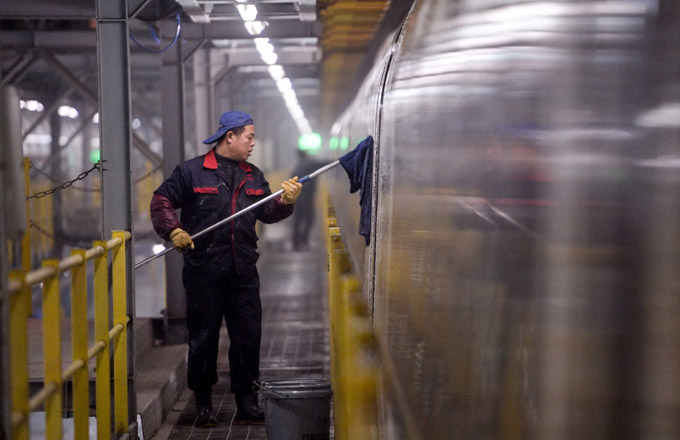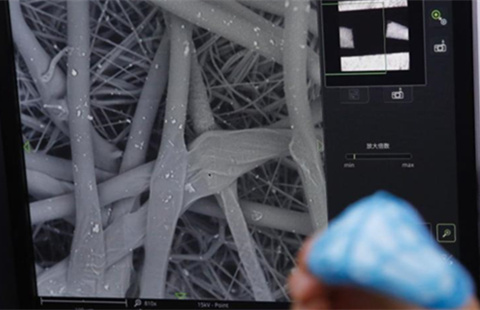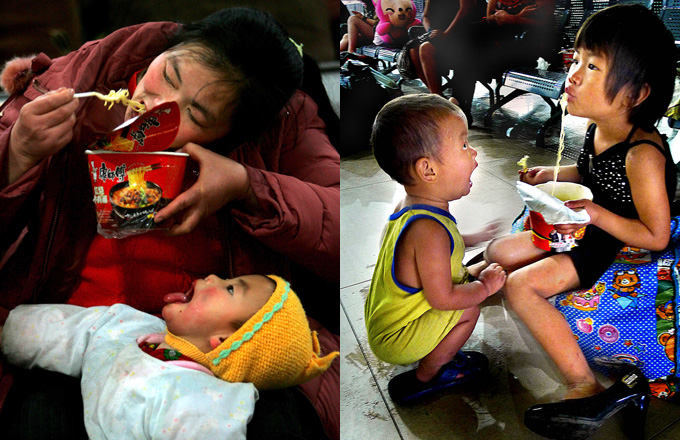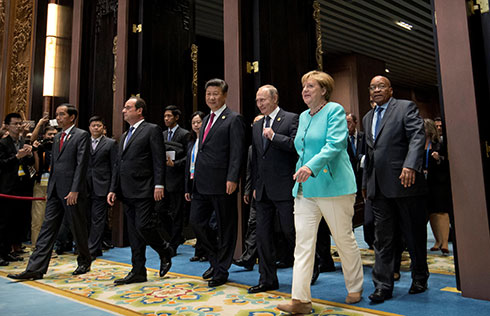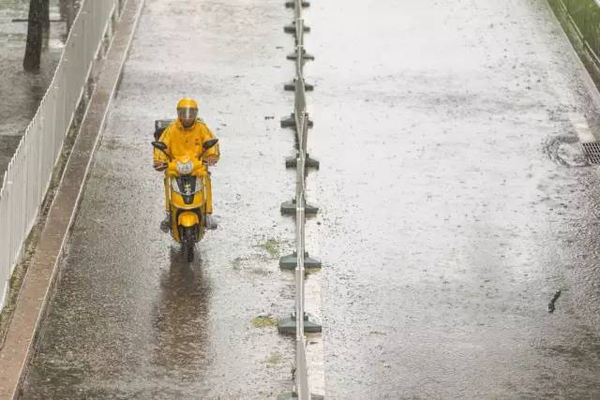Racing against time to record veterans' stories
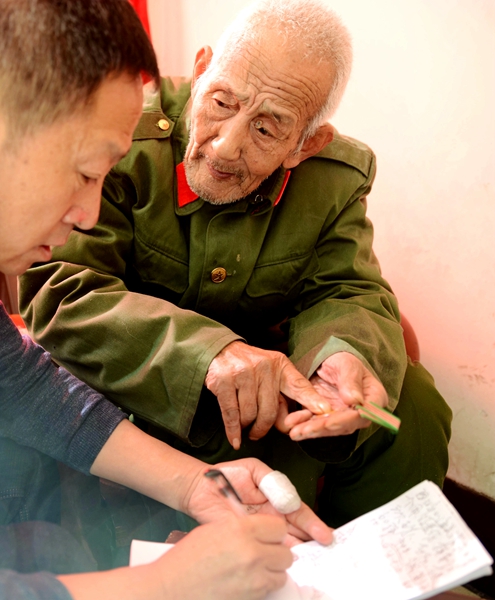 |
|
Li Ruobing interviews Li Xiancai, a 93-year-old veteran of the War of Resistance Against Japanese Aggression (1937-45), in Shanxi province, on March 1, 2015. Photos Provided To China Daily |
After spending every weekend for the past two years chatting with veterans of the War of Resistance Against Japanese Aggression (1937-45), amateur photographer Li Ruobing had enough material to fill a book.
So that's just what he did. The clerk at Yangquan city's industrial and commercial bureau in North China's Shanxi province compiled his photographs and conversations into a book that he self-published and distributed among the veterans he had spoken with.
"I did this to show the veterans that they are not forgotten," he said. "I had to race against time because of their age."
Veteran Guo Jingrui, who is in his 90s, cried for the first time in years after speaking with Li. "His wife said she had not seen him shed a tear in decades. She said my visit was long overdue."
Another of the veterans, Wang Qi, died just one day before Li was due to meet him. He did leave behind an old photo and a brief description of his wartime experiences though, which Li included in his book.
"At least 20 of the veterans I interviewed did not survive to see the book published," he said.
Li's project began in the summer of 2014 when he visited Wang Xixian, a critically ill veteran who was bedbound at a welfare home.
"On the windowsill was a photo of him at the height of his youth: he was handsome, energetic and proud in his soldier's uniform," he said.
Li asked Wang if he would salute and pose for a photo. "His eyes sparkled at my suggestion and he asked several times if his salute was 'up to standard'."
Moved by the experience, Li decided he wanted to photograph every surviving veteran in his home province of Shanxi.
With the support of the local government, he located about 200 former military men and proceeded to visit each one, often chatting with them for hours. Each visit ended with a photograph.
Over the past year, dozens of volunteers have joined Li on his weekly visits. During the winter and summer vacations school children also join him, hoping to hear historic tales told first hand.
Li has so far revisited more than 50 of the veterans with his book. Each time he has been received with hospitality and left in tears.
"Some insisted on walking me to the door, even though they walked with great difficulty. Some buttoned up my coat for me fearing I might catch a cold," he said.
Even the youngest veterans are nearing 90 and many have limited mobility. All have been awarded medals, but few like to show them off.
"One of them told me his medals should belong to his contemporaries who did not survive the war," Li said.
"I hope my trips will go on forever. From these heroes I've learned everything about devotion, loyalty and sacrifice."
- Efficiency in government top priority
- Anti-graft effort satisfies 62 percent of public in 2016, national poll says
- Tianjin's former mayor dismissed over extensive list of abuses and misdeeds
- How high-speed rail network transforms China's social landscape
- Smog changes color of high-speed train





